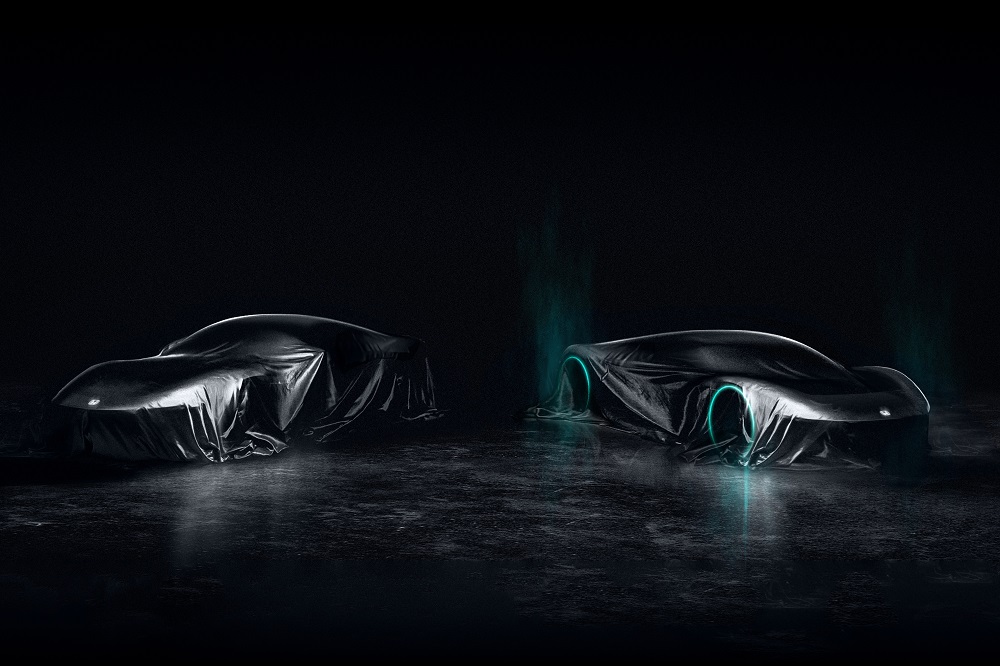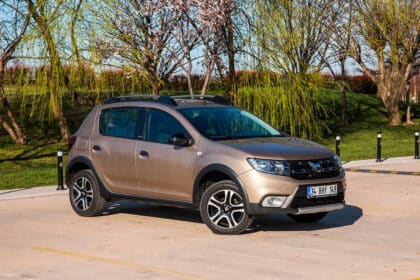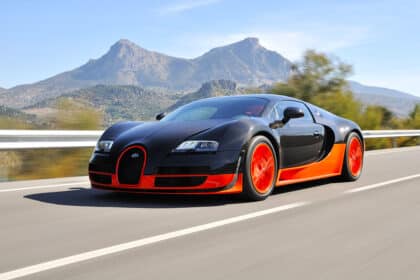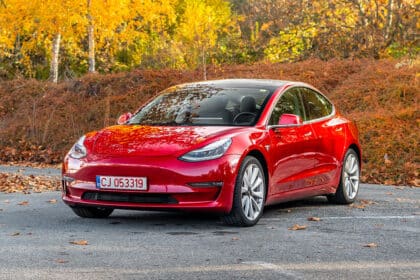
Photo: Honda
Over the next decade, Honda will spend approximately five trillion yen ($39.8 billion) to electrify its vehicle lineup. By 2030, it plans to have created a dedicated EV production line in North America and to have increased production to two million EVs per year.
The automaker says that about 3.5 trillion yen will go toward research and development while the remaining 1.5 trillion yen will be focused on investments. It has already spent 43 billion yen ($343) on developing its own solid-state batteries, which it hopes will be ready for mass-market production in the second half of the 2020s.
Reduce Your Footprint: Buying used is a good place to start
That electrified lineup is intended to include 30 future electric vehicles, of which at least two will be “sporty” EVs. One of these may become the spiritual successor to the Acura NSX, which is now no longer being sold after a six-year run. Many of the first- and second-generation EVs will be built in collaboration with General Motors, including the upcoming Honda Prologue.
Honda and GM also announced, earlier in April, that they would team up to launch a new generation of affordable EVs starting in 2027, which will use Ultium battery cells. Still, Honda plans to create its own battery cells without relying on other manufacturers.
The company is somewhat late to the EV race. Many of its competitors have made similar pledges already. Volkswagen promised $59 billion while Toyota, GM, and Stellantis have all set out to invest $35 billion toward electrification. Ford is at $30 billion. Despite the late starts, this puts Honda near the top of the investors.
Honda has been quite similar to Toyota in its electrification strategy, preferring to focus on hybrids and plug-in hybrids than all-electric vehicles. Even its solid-state battery research echoes that of its fellow Japanese automaker. Honda and Toyota are also two of the industry’s only passionate proponents of hydrogen fuel cell technology.
Regardless, whether the electrification is full or partial, it’s a step in the right direction. And with electric infrastructure still being sparse outside major urban areas — not to mention charging times — Honda and Toyota are right to believe there is still a place for hybrids and plug-in hybrids while the industry makes the transition.
Kurt Verlin was born in France and lives in the United States. Throughout his life he was always told French was the language of romance, but it was English he fell in love with. He likes cats, music, cars, 30 Rock, Formula 1, and pretending to be a race car driver in simulators; but most of all, he just likes to write about it all. See more articles by Kurt.








